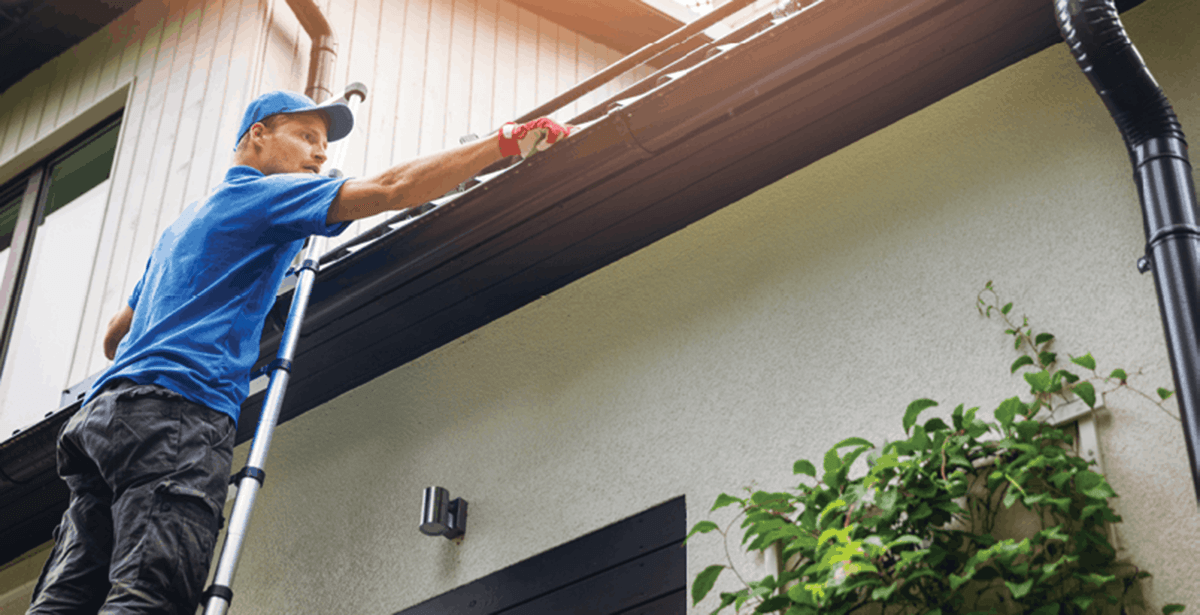Strategies for Working with Subcontractors
The structural pest control industry is no stranger to subcontractors. From termite pre-treatments and fumigations to lawn care and construction repairs, PMPs rely on subcontractors to fill in the service gaps and allow them to provide more services to clients.
Working with subcontractors is not without risk, however, and many pest management professionals are not fully aware of the perils as it relates to insurance.
Kristina Phillips, CIC, CRM, vice president and director of client services for PestSure says pest management professionals need to carefully review the details in their subcontractor agreements and contracts, and make sure they are indemnified.
“PMPs must ensure the subcontractor can comply with all the requirements included in the contract,” says Phillips. “If something goes wrong and there is a claim, the pest management professional is responsible. Many PMPs do not realize that and assume the subcontractor will take care of it.”
Phillips says workers’ compensation claims and fumigations – a service PMPs routinely subcontract for - is a good example of the importance of carefully reviewing your agreements.
In contracts, PMPs are often asked by customers to include a waiver of subrogation to their workers’ compensation policy. By signing the waiver PMPs eliminate their insurance carrier’s right to seek damages from another party. PMPs often add these waivers without knowing the full impact of the decision, says Phillips.
“It is important to remember that if you sign a waiver, you are doing so for both you and the subcontractor,” says Phillips. “If a subcontractor’s employee gets hurt on the job their insurance company can go after your company to recover costs for the injury.”
If you regularly work with subcontractors, PestSure offers the following tips to ensure the process protects the interests of both parties.
- Review Subcontractor Contracts Carefully – Know What You are Signing
- Confirm the Insurance Coverage is What the Contract Requires
- Obtain A Certificate of Insurance from the Subcontractor and be Named as an Additional Insured
- Do not Sign Waivers Before Reviewing Them with Your Insurance Carrier
Selecting A Subcontractor
Selecting the right subcontractor is the first step for pest control professionals, and there are a few key factors to consider. First and foremost, assess their experience and expertise in the specific type of work required for the project. Look for subcontractors with a proven track record of delivering high-quality work within the given timeframe.
It's also important to check references and past performance. Speak to previous clients and review completed projects to ensure reliability and competence. Additionally, consider subcontractors who have a good reputation in the industry, as this reflects on your overall project.
Make sure the subcontractor has the necessary licenses and insurance. Compliance with legal and safety requirements is non-negotiable. You don't want any surprises down the line.
Finally, evaluate their communication and collaboration skills. A subcontractor who can work effectively with your team and other subcontractors contributes to a smoother project flow.
Remember, it's not just about the cost; it's about finding a balance between quality, reliability, and cost-effectiveness.
PestSure – Your Partner in Safety
Founded in 1980, PestSure is the only insurance and risk management provider that is 100 percent dedicated to the pest management industry. It offers industry professionals a full suite of insurance, risk management, and safety training and education offerings.
PestSure provides insurance, safety and risk management consulting to pest management companies representing $2 billion in revenue, $750 million in payroll and more than 16,500 service vehicles. The program is administered by Alliant Insurance Services.
Call 888.984.3813 or visit our contact page for more information.
When you subscribe to the blog, we will send you an e-mail when there are new updates on the site so you wouldn't miss them.



Comments